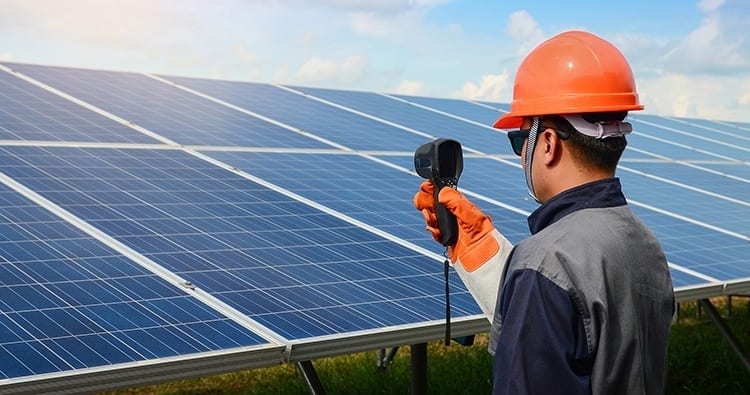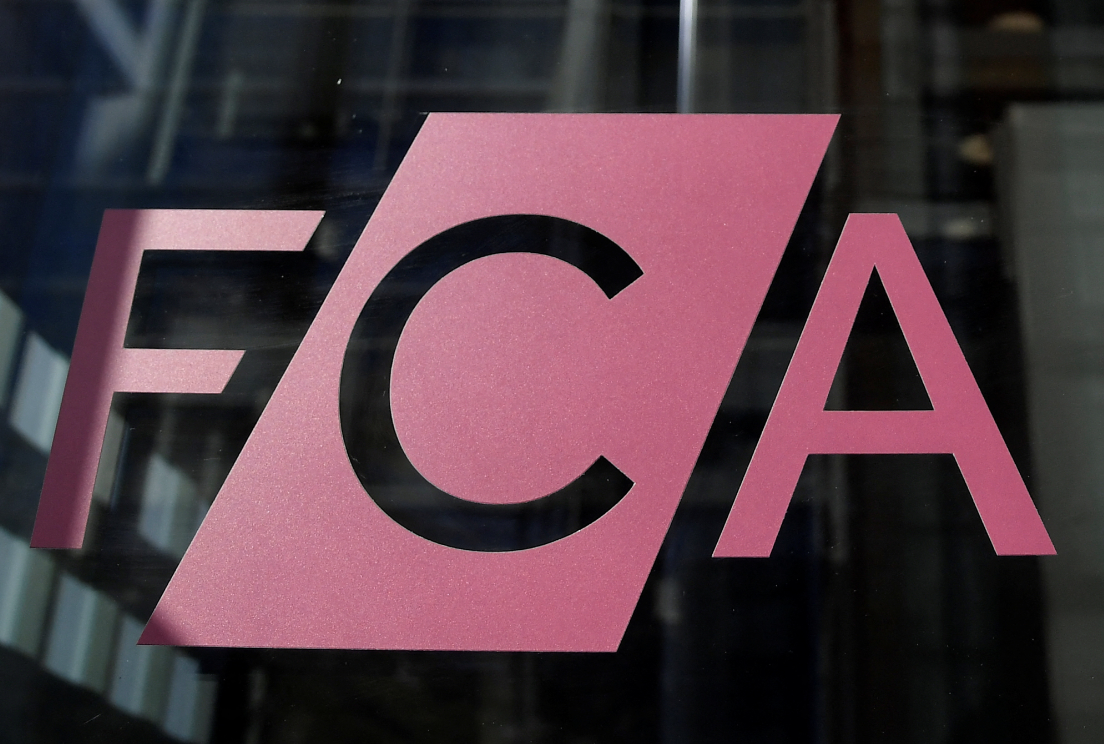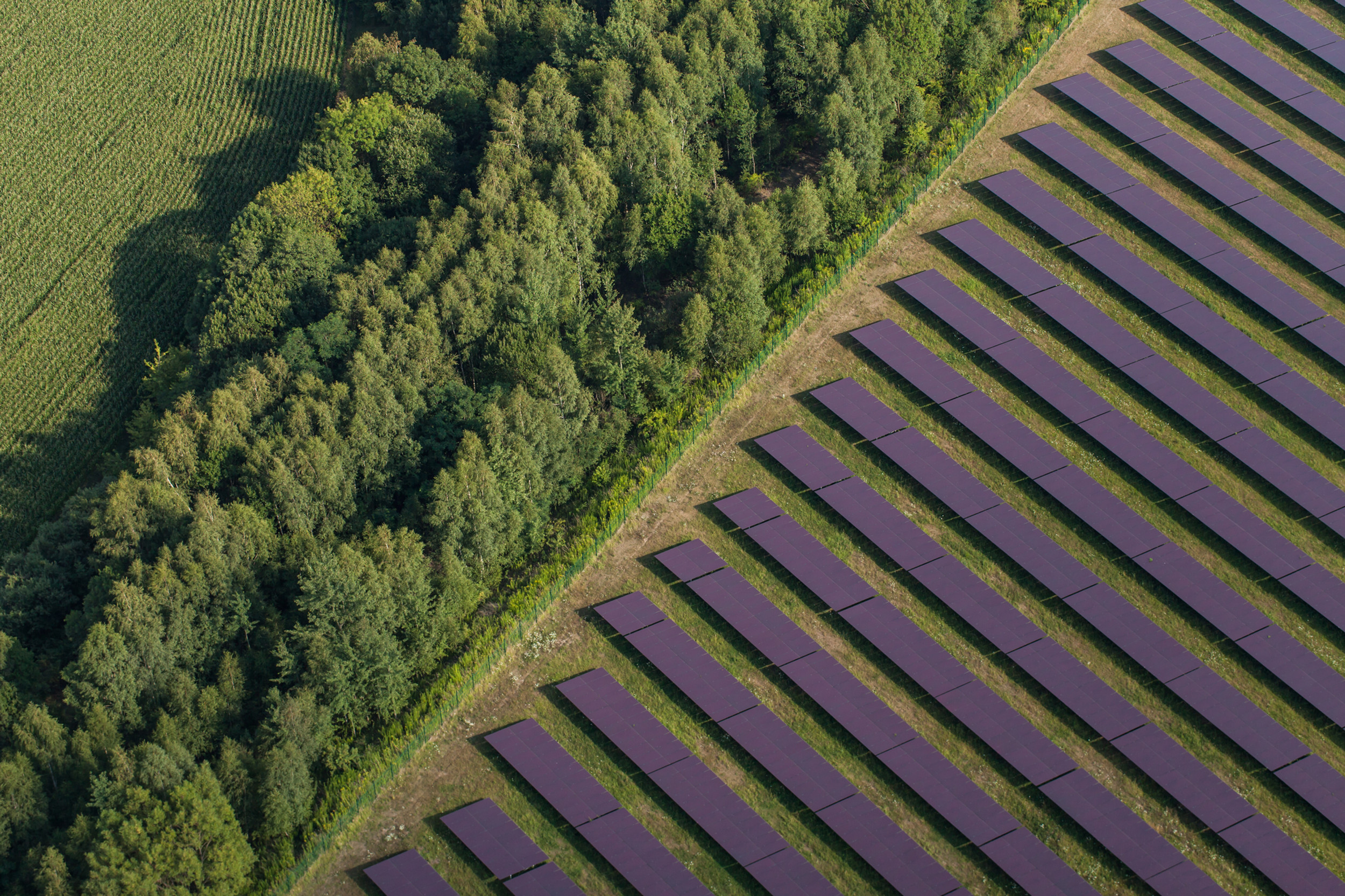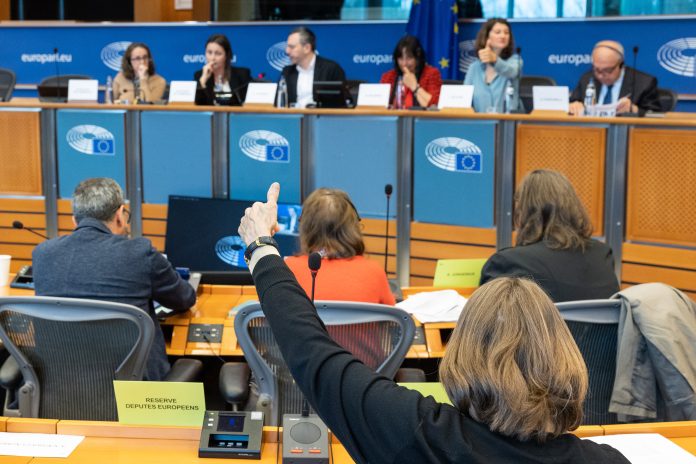Canadian Clean Energy Fund Looks Back on Record Year; Anticipates Growing Energy Demand in 2023

Skyline Clean Energy Fund (SCEF), a Guelph, Ontario-based equity growth fund investing in clean energy assets, is reporting several landmark achievements in 2022 and is looking to capitalize on further growth opportunities in the new year.
In 2022, SCEF closed six transactions, increasing its Expected Annual Generation to 125,327 MWh(1) (an annual increase of 125.33%)(2).
Notable fund transactions
This past year, SCEF acquired its largest acquisition to date, a biogas facility in Lethbridge, Alberta – the fund’s second biogas asset in its portfolio. With this purchase, SCEF became one of Canada’s largest producers of biogas(3).
See related articles: Ascension Clean Energy Selects Denmark-Based Topsoe for $7.5 Billion Clean Hydrogen-Ammonia Project, Clean Energy Announces $150 Million for Sustainability-Linked Financing with Riverstone Credit Partners, Microsoft and Qcells Team to Curb Emissions and Power the Clean Energy Economy
The Lethbridge facility is also the first to earn income from Renewable Natural Gas (RNG) sales and is SCEF’s first acquisition of an operating project outside of Ontario. SCEF’s Lethbridge plant and its plant in Elmira, Ontario have a cumulative capacity of 184,000 tonnes in annual Organic Waste Capacity(4) and 224,000 GJ(5) in expected RNG production per year.
This year also marked SCEF’s entry into Alberta’s solar market with the acquisition of a ground-mounted solar development project located southeast of the town of Bassano, Alberta. The Bassano acquisition is SCEF’s first investment in a non-operational development project, as well as its first investment in the Alberta solar market, which is poised to grow in the coming years(6). The asset, slated to be operational by the end of 2023, is expected to total 12,000 KW/DC(7) (12 MW/DC(8)) in size and have an Expected Annual Generation of 17,621 MWh.(9)
The Fund also acquired an additional 7,852 KW/DC (7.852 MW/DC) in ground-mounted and rooftop solar assets throughout 2022.
SCEF’s leadership in the spotlight
In early 2022, Rob Stein, President, Skyline Energy, was one of the 50 recipients of the 2022 Report on Business magazine Changemakers award by The Globe and Mail, which honours up-and-coming business leaders. The award-winning editorial staff selected the winners for their ideas, accomplishments, and impact based on the nominations, subsequent interviews, and reference checks.
A high-power partnership to reduce e-waste
2022 also saw Skyline Energy partner with the world’s most positive battery, Better Battery Co. (BBCo), to launch carbon-neutral, high-performance batteries in Canada, with the goal of reducing the carbon footprint. Better Battery Co. offers carbon-neutral batteries that give back and can be easily recycled through an innovative and integrated recycling program.
Outlook for 2023
The demand for clean energy is expected to increase in 2023 as concern over climate change and support for environmental, social, and governance (ESG) factors expand. According to the Canada Energy Regulator, energy demands in Canada are expected to grow by 44% by 2050.(10)
Some positive newspieces that have come out of 2022 include Natural Resources Canada’s announcement that it was investing $800 million in clean fuel projects as part of the $1.5-billion Clean Fuels Fund it first announced in 2021.(11) Additionally, the Business Development Bank of Canada launched a $400 million cleantech fund to help scale up the commercialization of low-carbon technologies.(12)
“Although we have seen additional cleantech investment from Canada this past year, a collective effort will need to continue among all the provinces and the private sector in 2023 in order to achieve Canada’s targets for 2030,” said Rob Stein, President, Skyline Energy.
“Canada has an abundance of resources that can be used to produce clean energy, and there is a widespread consensus that we need to move away from polluting energy as the fight against climate change becomes direr.”
In Stein’s words, that is why SCEF exists: “in order to support and invest in sustainable ways to meet the rising need for energy in Canada.”
Over the next year, SCEF aims to continue pursuing both stabilized and underperforming assets, evaluating them based on their income potential as well as the investment required to optimize or upgrade them to maximize their energy output.
“We will continue to invest and support the further development of clean energy technology and solutions that can help Canada reach its carbon emissions reduction targets,” remarked Stein.
Source: Skyline Clean Energy Fund








